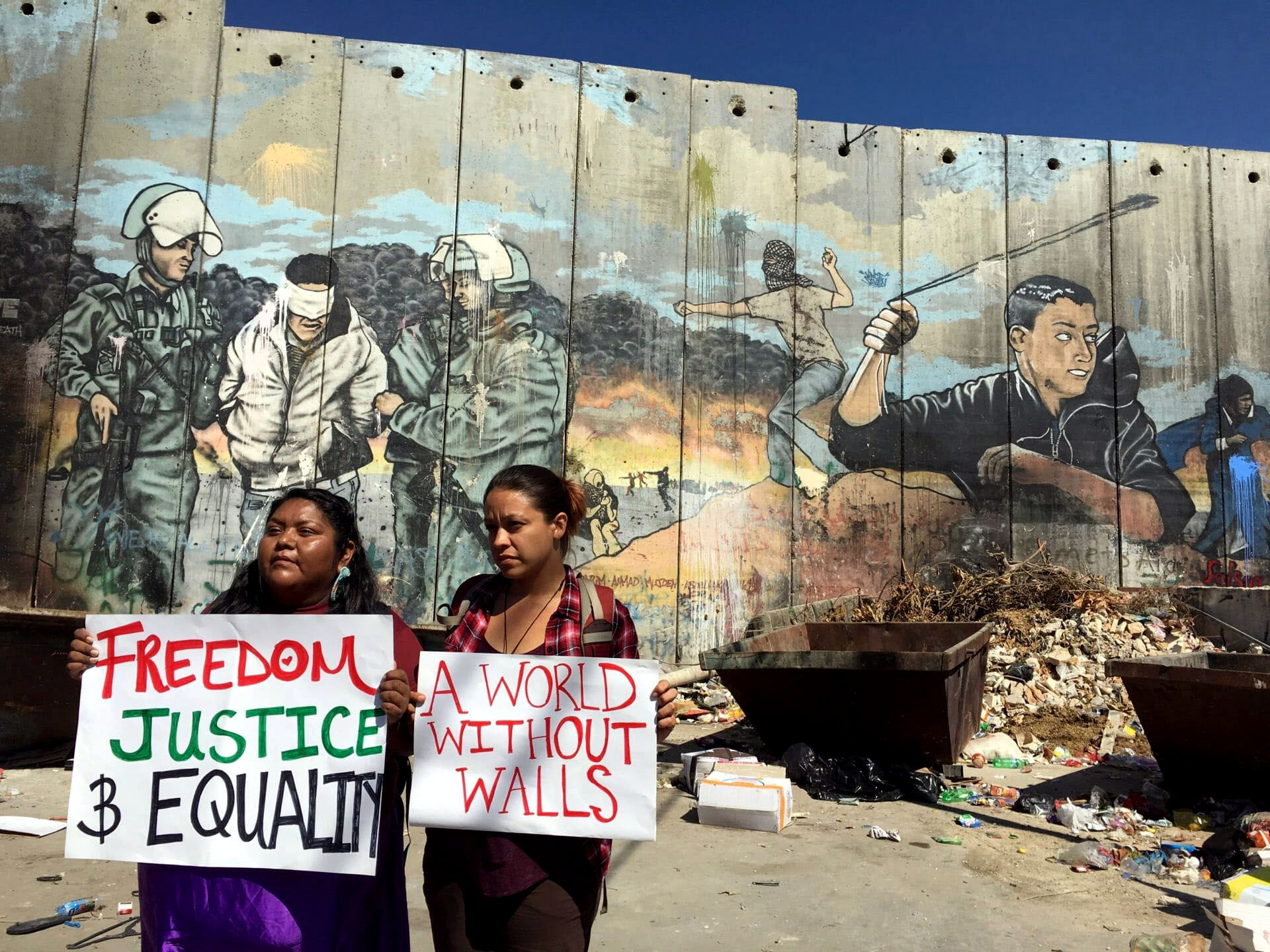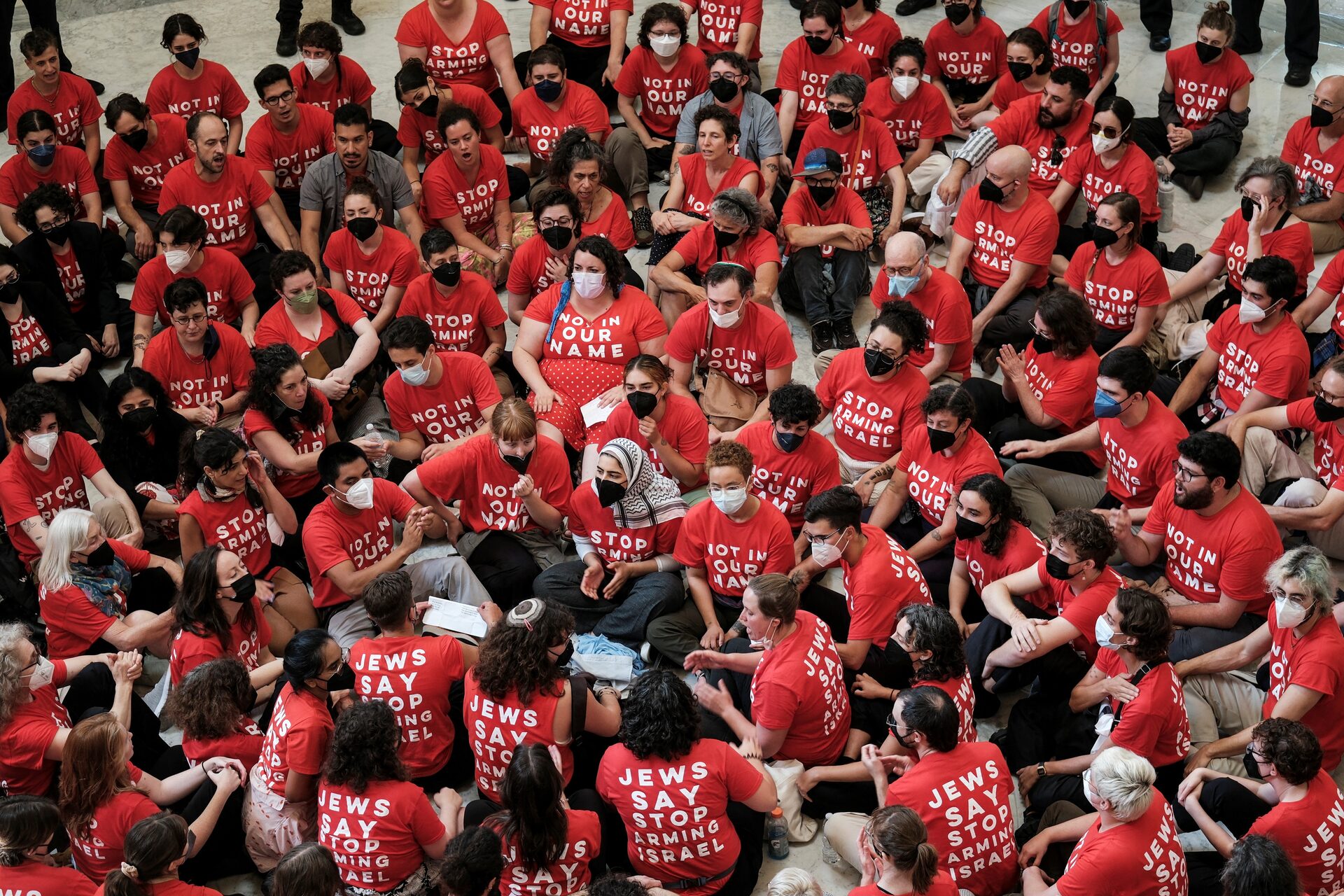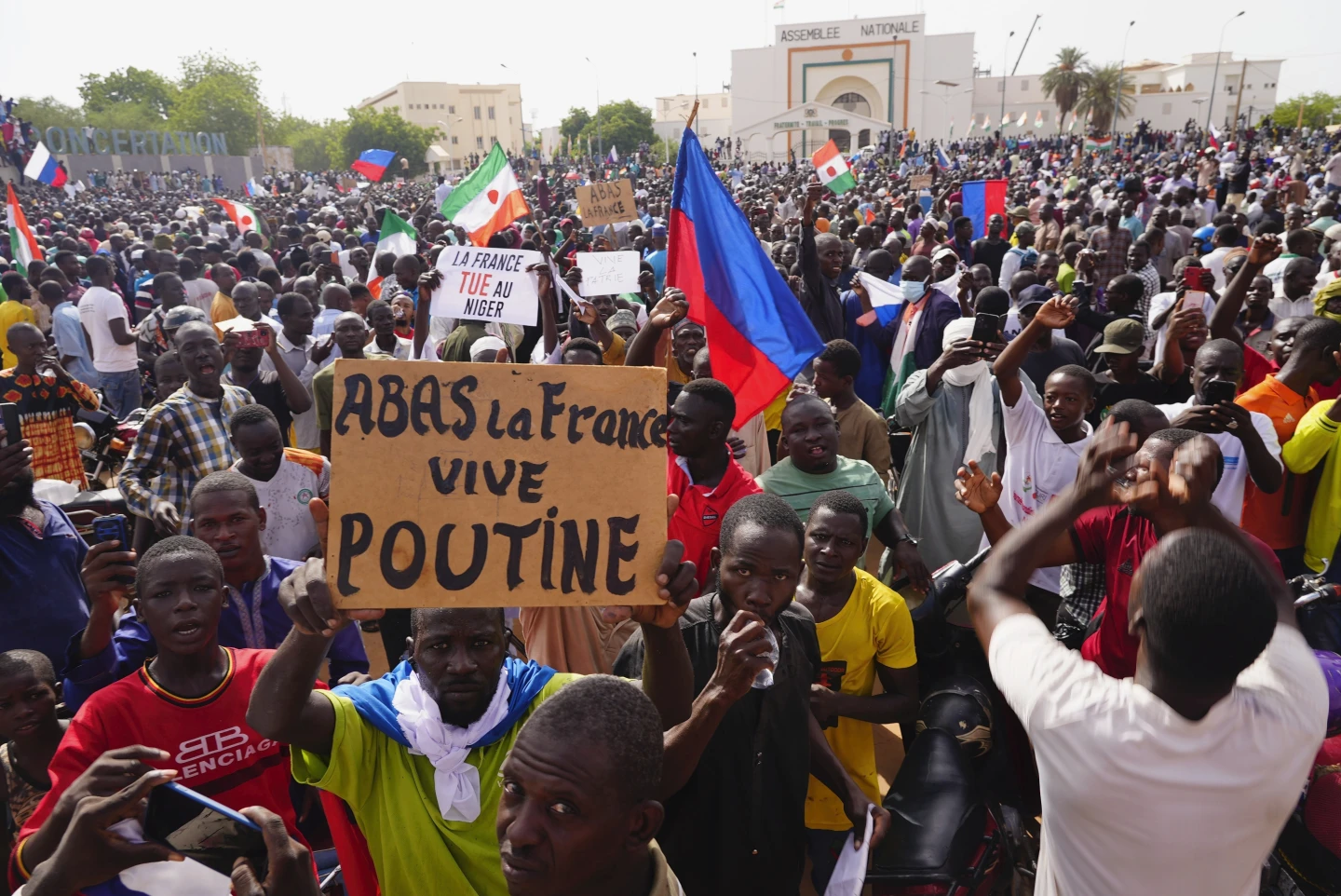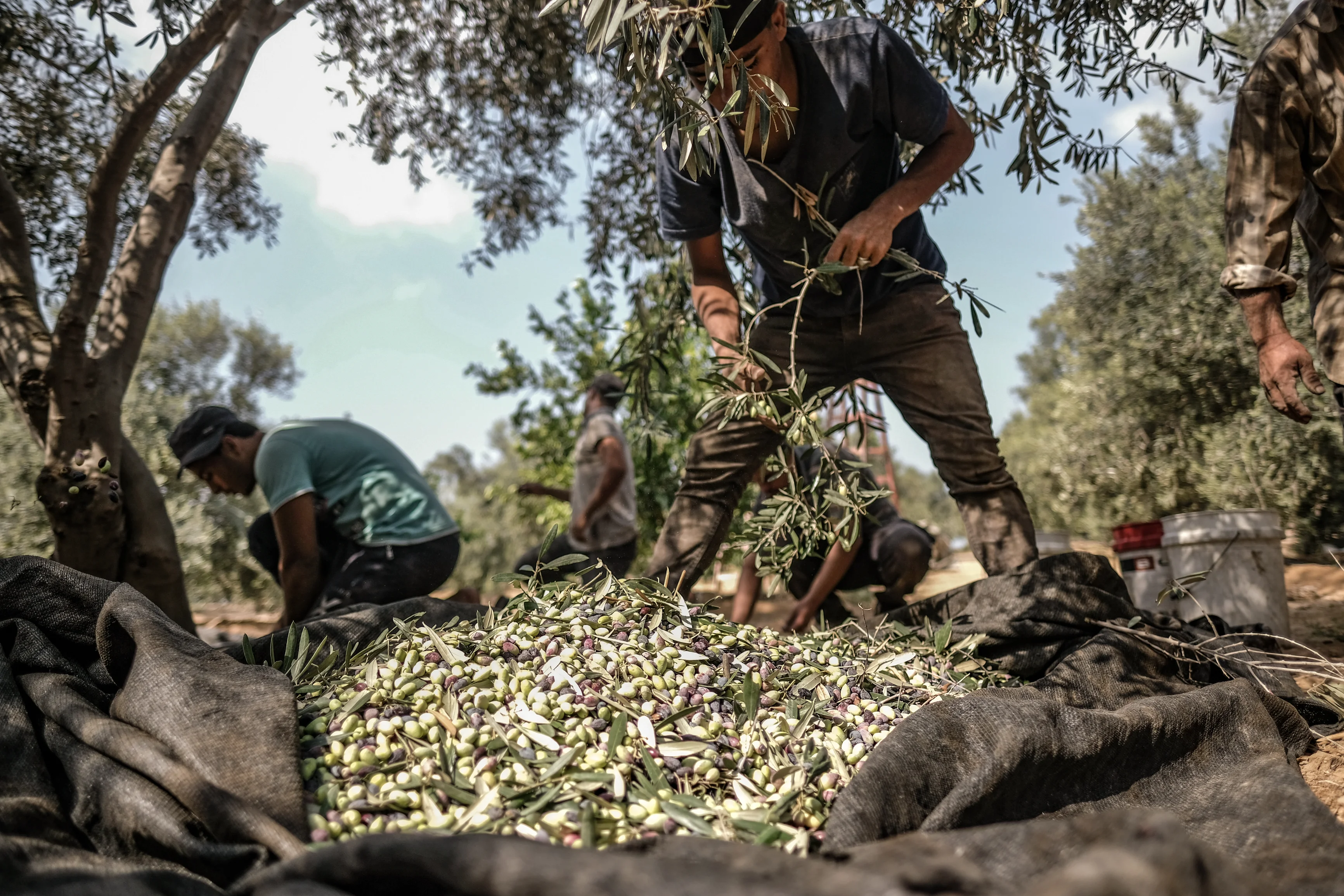“It did not deprive us of the clay ovens of yesterday, but of the mystery of what we could invent tomorrow”: On Intellectual and Cultural Destruction in Palestine
Israel is intent on eliminating the native. This extends beyond acts of physical brutality — the demolition of all Gaza’s universities, alongside them archives, libraries, cultural centers and auditoriums, publishing houses and bookstores, museums, churches, mosques, and artworks, amounts to cultural and intellectual annihilation. Harvard University, insistent on the inalienable value of intellectual life, has failed to condemn the scholasticide unfolding in Gaza: The Israeli Occupation Forces’s killing of over 5,000 students, 260 teachers, and 95 university professors and systemic targeting of hundreds of schools.
The destruction of educational infrastructure and culture sites and the slaughter of students and teachers is, in effect, the deprivation of possibility for generations of Palestinians. Harvard’s moral apathy and material complicity — its feigning of normalcy — betrays the University’s purported aim to serve the future.
Below is an original translation, from Arabic, of a profile of the Freedom Theatre, sourced from the online blog of the Institute for Palestine Studies. Established in 2006, the theatre generates cultural resistance through the fields of popular culture and literary study as a catalyst for social change in the occupied Palestinian territories.
The Freedom Theatre: The Camp between the Resistance and its Culture (reporter: Moayad Taninah)
The IOF has turned the Freedom Theatre, in the heart of the Jenin refugee camp, into a permanent shrine. They constantly storm it, wreaking such havoc that on December 12, 2023, the army arrested the theatre’s workers, only to release them shortly thereafter. Only the theatre’s director, 43-year-old Mustafa Shatta, remains imprisoned.
With the escalation of armed resistance in the West Bank since September 2021, the role of cultural and artistic institutions has increased in importance, since they form part of the broader arena of struggle. This is what the Freedom Theatre stands accused of. The occupation has sought to fracture and subjugate the resistance, and with it all of the resistance’s possible roots to the camp, conscious and committed cultural action included.
The context for the theatre’s emergence
After the outbreak of the First Intifada (the Stone Intifada), Jewish activist Arna Mer Khamis decided to move and live in the Jenin camp. She is described by those who knew her as a revolutionary who devoted her life to the struggle for freedom. In Jenin, she founded the “Home of Childhood,” a space for children to grow up shielded from death, destruction, and abuse. The Home of Childhood would later become the “Stone Theatre,” a reference to the stones thrown by Palestinians during the First Intifada. Mer Khamis left Jenin in 1994, but would live through the destruction of the Stone Theatre by Israeli tanks during the 2002 invasion of Gaza. The IOF deliberately destroyed the camp’s landmarks and cultural institutions and, in doing so, obliterated the foundation of its people’s resilience.
Mer Khamis’ vision did not end with her passing; her son, Juliano Mer Khamis, would continue what she had begun. Juliano took it upon himself to carry the cultural struggle forward, producing a film in 2003 entitled Children of Arna, which documents his mother’s political activities at checkpoints, her advocacy for the women and children of the camp, and the impact of her theatrical work. Juliano then restored the Stone Theatre, renaming it the Freedom Theatre which reopened in April 2006.
After Juliano’s death, the theatre company began anew, committing to continue what he had started by presenting plays even more critical than before. The theatre’s message was once again heard around the world, and its content was a longing for freedom.
When theatre embodies the reality of Palestinian resistance
“We adhere, by all means, to the struggle for the liberation of the Palestinian people, which is our liberation struggle,” Juliano would say. He would often describe himself as a freedom fighter. Juliano understood theatre as a means of struggle, and cultural resistance as a way to involve the individual engaged in theatre into the struggle, thereby becoming an educated individual aware of what is happening around them. Culture and consciousness were to nourish Palestinian steadfastness. The former artistic director of the Freedom Theatre — and one of its founders, Nabil al-Rai — describes theatre as a path towards change, a way of life oriented around the creation of life. In the dictionary of Palestinian art, life is indissociable from freedom and dignity, the emancipation from occupation, and the rejection of political genocide, which alienates the individual from their reality. The theatre’s efforts can therefore be understood as promoting the culture of life, the price of which Palestinians have had to pay for with raids, sabotage, and arrests by the IOF.
The plays produced by the Freedom Theatre tend to embody the reality of Palestinian resistance. In 2015, the theatre produced a play entitled The Siege, based on the siege of the Church of the Nativity in 2002. The theatre also rejects grants and conditional foreign funding, remaining keenly aware of its role, duty, and mission.
Perhaps the most prominent challenge that culture and art face in Palestinian society is the belief that their role is complementary rather than foundational. This misconception results from the decline of cultural activity, which necessarily follows the deterioration of the political situation. This results in the restriction of the individual, who lacks the freedom to properly engage in the cultural and artistic sphere, which seems ever-more distant from reality. In this context al-Rai points out, that there’s a cultural responsibility placed on the theatre, as “art must aid the spread of consciousness, it must pose questions that arouse controversy, and contribute to real social and political change — the creation of new ground, in other words, for a generation that can believe in the role of culture and art in a free society. Our real endeavor,” he adds, “is to transform art and culture into a state of resistance, and to make art and culture a weapon with which and through which we resist, not by offering cultural resistance as an alternative, but rather as part of the general state of resistance.” Al-Rai also points to how cultural resistance explains the struggle, citing a statement by the political prisoner and leader Zakaria al-Zubaidi: “A weapon that does not carry a culture is a suspicious weapon.”
Jenin camp, as a distinctive case of confrontation and effective engagement with the occupation, has created an inspiring model for other camps and cities in the West Bank, especially following the escape of the six prisoners from the Gilboa prison in September 2021, which prompted the IOF to try to rid itself of the camp once and for all. Every act of resistance in the camp has elicited a response from the IOF, up until the start of Operation Al-Aqsa Flood on October 7. The IOF has escalated its aggression towards Jenin, and has resorted to destroying and vandalizing its landmarks, including of course, the Freedom Theatre on December 12, 2023.
Onwards...
Despite what the theatre experiences at the hands of the occupation, it persists in its mission. Its workers have continued touring around the world to present Gaza Metro, a play produced by the theatre years ago. The story is about a young Palestinian man who dreams of going from Jenin to Gaza using the metro, and how present realities prevent him from doing so. The theatre is also preparing to produce Martyrs Return to Ramallah, a play written from captivity by the thinker and political prisoner Walid Daqqah, which details cases of Palestinian political prisoners whose bodies are held by the IOF after their death.
As the martyr Basil Al-Araj said: “You want to be an intellectual? You have to be an engaged intellectual.” Engagement here means engagement with reality through its embodiment, and what the Freedom Theatre does is social-cultural engagement. An engaged culture, that is to say, is one not alienated from reality.
Translated by Francesco Anselmetti.




